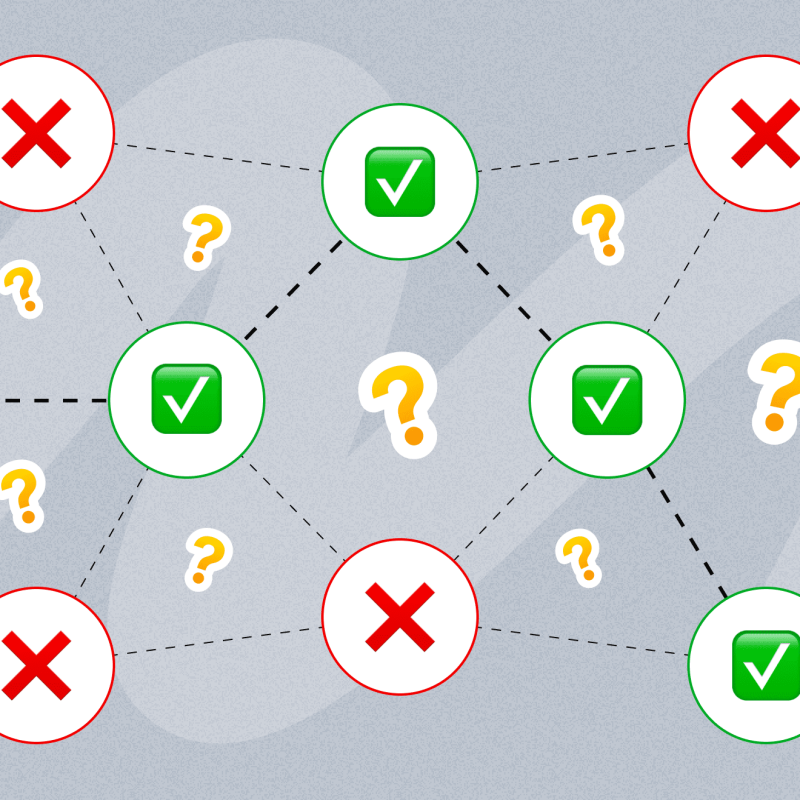Sustainability has evolved from being a niche concern to a central element of modern business strategy. In the face of growing global challenges such as climate change, resource scarcity, and social inequality, companies are increasingly recognizing the necessity of operating responsibly and ethically. Adopting sustainable practices is not just about fulfilling a moral obligation; it's a strategic approach that can drive long-term success, foster innovation, and build a resilient brand. This blog will explore the importance of sustainable practices, the benefits they offer, and key areas where businesses can focus their efforts.
The Triple Bottom Line
The concept of sustainability is often encapsulated in the "triple bottom line," which emphasizes a balanced approach to environmental, social, and economic factors:
Environmental Performance
- Minimizing Ecological Footprint: Companies are encouraged to adopt practices that reduce their impact on the environment. This includes reducing waste, conserving energy, and using renewable resources.
- Sustainable Supply Chain Practices: Implementing eco-friendly supply chain practices, such as sourcing materials responsibly and working with suppliers committed to sustainability, helps in reducing overall environmental impact.
Social Responsibility
- Fair Labor Practices: Ensuring fair wages, safe working conditions, and ethical treatment of workers across the supply chain.
- Community Engagement: Actively participating in and supporting local communities through philanthropic efforts and volunteer programs.
- Diversity and Inclusion: Promoting a diverse workforce and creating an inclusive work environment where everyone has equal opportunities.
Economic Viability
- Balancing Financial Sustainability: Ensuring that business operations remain profitable while integrating environmental and social considerations into decision-making.
- Resource Efficiency: Optimizing the use of resources to reduce costs and environmental impact.
Benefits of Sustainable Business Practices
Enhanced Brand Reputation
- A strong commitment to sustainability can significantly boost a company's reputation. Consumers increasingly prefer brands that demonstrate environmental responsibility and ethical practices. This positive image can lead to increased customer loyalty and market share.
Cost Reduction
- Implementing sustainable practices often leads to substantial cost savings. Energy-efficient technologies, waste minimization, and resource optimization reduce operational expenses and improve the bottom line.
Innovation and Competitive Advantage
- Embracing sustainability can drive innovation, as companies seek out new solutions to environmental challenges. This proactive approach often results in unique products and services that give businesses a competitive edge.
Risk Mitigation
- Addressing environmental and social challenges helps mitigate risks associated with regulatory changes, potential legal issues, and reputational damage. By being proactive, businesses can avoid compliance issues and enhance their resilience against market fluctuations.
Key Areas of Focus
Environmental Sustainability
- Renewable Energy Adoption: Transitioning to renewable energy sources, such as solar or wind power, to reduce greenhouse gas emissions and reliance on fossil fuels.
- Waste Reduction and Recycling: Implementing effective waste management practices and adopting circular economy principles to minimize waste and promote recycling.
- Sustainable Supply Chain Management: Working closely with suppliers who prioritize environmental responsibility and incorporating sustainable practices throughout the supply chain.
- Product Lifecycle Management: Designing products with minimal environmental impact, considering their entire lifecycle from production to disposal, and exploring options for recycling or repurposing.
Social Responsibility
- Ethical Sourcing and Labor Practices: Ensuring that all products and materials are sourced ethically, with fair labor practices upheld throughout the supply chain.
- Diversity, Equity, and Inclusion: Creating a diverse workforce, promoting equity, and fostering an inclusive workplace culture where all employees feel valued and respected.
- Community Engagement: Investing in local communities through support programs, charitable contributions, and volunteer initiatives to create a positive social impact.
- Employee Well-being: Prioritizing the health, safety, and well-being of employees by offering fair wages, safe working conditions, and work-life balance support.
Economic Sustainability
- Circular Economy Principles: Adopting circular business models that emphasize the reuse, recycling, and upcycling of materials to reduce waste and create value from existing resources.
- Resource Efficiency: Implementing practices that optimize the use of resources, such as energy and raw materials, to lower costs and reduce environmental impact.
- Sustainable Financing: Seeking green financing options to support sustainability initiatives and integrate environmental considerations into financial decisions.
Conclusion
Integrating sustainable practices into core business operations is not just about fulfilling corporate responsibility; it's about creating lasting value for the environment, society, and the business itself. By focusing on the triple bottom line, businesses can drive innovation, enhance their reputation, and ensure long-term success. While the journey towards sustainability requires commitment and effort, the rewards are substantial and contribute to a positive impact on the world.
FAQs
What are sustainable business practices?
- Sustainable business practices involve strategies and actions that minimize negative environmental and social impacts while promoting economic growth.
Why are sustainable practices important for businesses?
- They help enhance brand reputation, reduce costs, drive innovation, and mitigate risks, leading to long-term success.
How can businesses implement sustainable practices?
- By adopting energy-efficient technologies, reducing waste, sourcing sustainably, engaging in ethical labor practices, and promoting resource efficiency.
What are the benefits of sustainable business practices?
- Benefits include improved brand reputation, cost reduction, innovation, competitive advantage, and risk mitigation.
What are common mistakes to avoid in sustainability efforts?
- Avoid greenwashing, neglecting stakeholder engagement, lacking clear goals, ignoring cost-benefit analysis, and overlooking regulatory compliance.
For more compliance-related services and queries, explore Company24.in or call us at +91 9216472424 to simplify your business journey. And join our WhatsApp community to get detailed regular updates.








